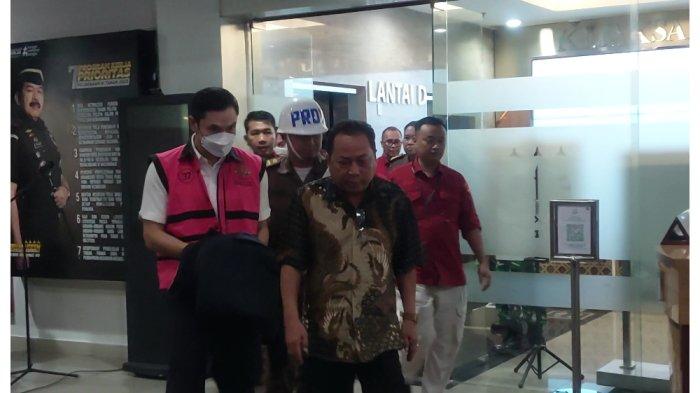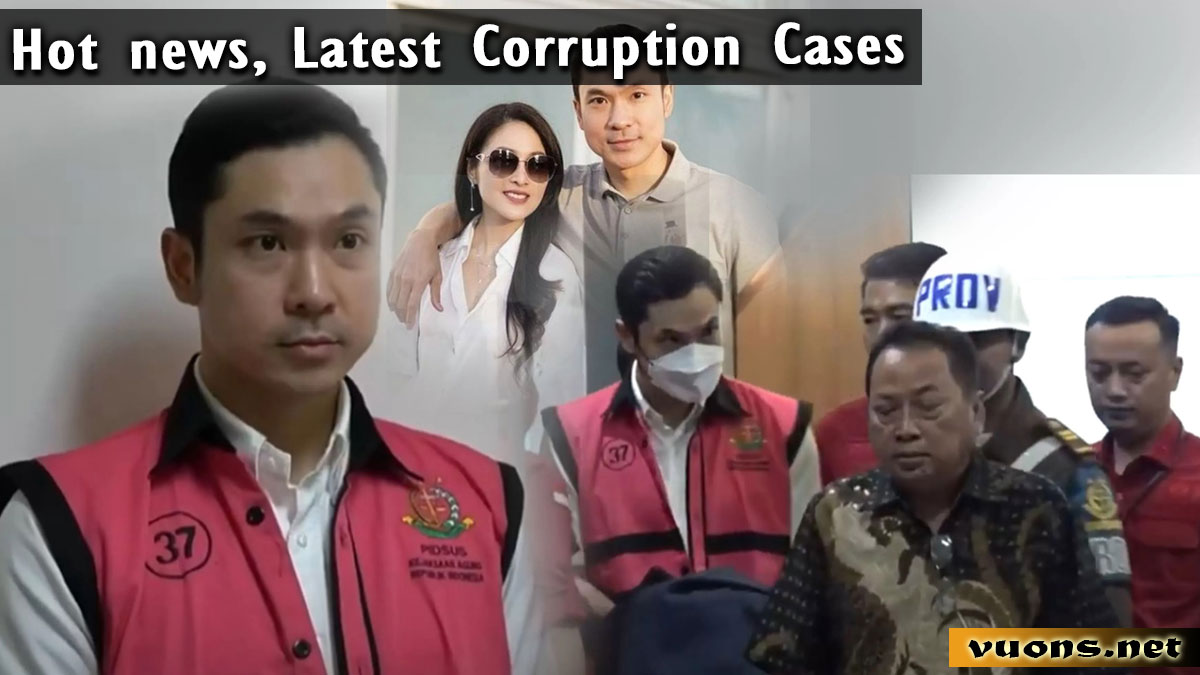Secrets Revealed: Traces of Corruption in the Tin Mining Industry
Unraveling the Harvey Moeis Tin Mine Corruption Case: Impact, Controversy, and Lessons Learned.
Corruption has become a scourge that haunts the nation’s progress in many countries, including Indonesia. One of the cases that emerged and shocked the public was the tin mining corruption case involving a businessman named Harvey Moeis. This case not only highlights the rot in business and government governance, but also touches the roots of deep social and environmental problems. In this article, we will dig deeper into the Harvey Moeis tin mining corruption case, analyzing its impact, related controversies, and lessons learned.
Case Background.
The Harvey Moeis tin mining corruption case raises many questions about business ethics, corrupt practices, and the role of government in managing natural resources. Harvey Moeis, a businessman with interests in the mining industry, came into the public spotlight when allegations of corruption against him surfaced at the start of the new millennium.
Harvey Moeis is suspected of being involved in a series of acts of corruption including bribing government officials, manipulating financial data, tax evasion and abuse of power to smooth the running of his tin mining business. This kind of corrupt practice reflected weaknesses in the business and government governance systems in Indonesia at that time.
Controversies and Social Impact.
The Harvey Moeis tin mining corruption case not only caused turmoil in the world of business and politics, but also had broad social impacts. Unethically operated tin mines can cause serious environmental damage, including water and air pollution, deforestation, and destruction of wildlife habitats.
Apart from that, people who live around tin mines often become victims of this kind of corrupt practice. They may experience loss of livelihood, increased poverty, and health problems due to environmental pollution. Social impacts like these create economic and social instability in local communities, leading to deeper inequalities and injustices.
Environmental and Sustainability Implications.
The mining industry, including tin mining, has long been the subject of controversy due to its detrimental impact on the environment. In the case of the Harvey Moeis tin mine corruption, unethical corrupt practices have exacerbated existing environmental problems, causing damage that is difficult to repair in a short period of time.
Environmental damage caused by tin mining not only harms local ecosystems, but also impacts the health and welfare of local communities. Water and air pollution can cause various diseases, from respiratory problems to skin diseases and cancer. Therefore, the need for sustainable and responsible mine management is becoming increasingly urgent.
Law Enforcement and Justice.
The law enforcement process regarding the Harvey Moeis tin mining corruption case is a test for the Indonesian justice system. Fair and firm law enforcement is very important to show that no one is exempt from the law, even people who have power and influence in society.
However, the law enforcement process is often marred by controversy and accusations of politicization. There are concerns that businessmen like Harvey Moeis could use their wealth and influence to avoid legal accountability. Therefore, it is important for law enforcement agencies to remain independent and not be influenced by external pressure in handling these types of corruption cases.
Lessons Learned and Future Steps.
The Harvey Moeis tin mining corruption case provides many valuable lessons for Indonesia and other countries facing similar problems. First of all, there is a need for strong and indiscriminate law enforcement against perpetrators of corruption. The justice system must work transparently and efficiently to handle corruption cases quickly and fairly.
Apart from that, preventing corruption must also be the main focus. Steps such as increasing transparency in the mining licensing process, enforcing strict rules against corrupt practices, and providing education about the dangers of corruption to society are steps that can be taken to prevent similar cases from occurring in the future.

Conclusion.
The Harvey Moeis tin mining corruption case is a reflection of the rot in business and government governance that still plagues Indonesia and other countries. Unethical corrupt practices not only harm the country in economic terms, but also damage the environment and cause social impacts that are detrimental to society.
To ensure sustainable development and justice for all, it is important for governments and communities to work together to eradicate corruption and improve the systems that allow it to occur. Only with concrete steps and decisive action can we move towards a more just, transparent and sustainable society.



